83% of Organizations in India Report Increased Attacks During the Pandemic: Sophos Research
By MYBRANDBOOK

Sophos, a global leader in next-generation cybersecurity, today announced the findings of its global survey, “Phishing Insights 2021,” which reveals that phishing attacks targeting organizations ramped up considerably during the pandemic, as millions of employees working from home became a prime target for cybercriminals. The majority (83%) of IT teams in India said the number of phishing emails targeting their employees increased during 2020.
“Phishing has been around for over 25 years and remains an effective cyberattack technique. One of the reasons for its success is its ability to continuously evolve and diversify, tailoring attacks to topical issues or concerns, such as the pandemic, and playing on human emotions and trust,” said Chester Wisniewski, principal research scientist at Sophos. “It can be tempting for organizations to see phishing attacks as a relatively low-level threat, but that underestimates their power. Phishing is often the first step in a complex, multi-stage attack. According to Sophos Rapid Response, attackers frequently use phishing emails to trick users into installing malware or sharing credentials that provide access to the corporate network.”
The findings also reveal that there is a lack of common understanding about the definition of phishing. For instance, 67% of IT teams in India associate phishing with emails that falsely claim to be from a legitimate organization, and which are usually combined with a threat or request for information. Sixty-one percent consider Business Email Compromise (BEC) attacks to be phishing, and half of the respondents (50%) think threadjacking – when attackers insert themselves into a legitimate email thread as part of an attack – is phishing.
The good news is that most organizations in India (98%) have implemented cybersecurity awareness programs to combat phishing. Respondents said they use computer-based training programs (67%), human-led training programs (60%), and phishing simulations (51%).
“The ideal would be to prevent phishing emails from ever reaching their intended recipient," said Wisniewski. “Effective email security solutions can go a long way towards achieving this, but this should be complemented by alert and primed employees who are able to spot and report suspicious messages before they get any further.”
The survey also showed that
· Four-fifths of Indian organizations assess the impact of their awareness program through the number of phishing-related tickets raised with IT, followed by the level of reporting of phishing emails by users (77%) and click rates on phishing emails (60%)
· All the organizations surveyed (100%) in Delhi, Hyderabad, and Kolkata say they have cybersecurity awareness program in place. This was followed by Chennai where 97% have such programs , and then Bengaluru and Mumbai at 96% each


Legal Battle Over IT Act Intensifies Amid Musk’s India Plans
The outcome of the legal dispute between X Corp and the Indian government c...

Wipro inks 10-year deal with Phoenix Group's ReAssure UK worth
The agreement, executed through Wipro and its 100% subsidiary,...

Centre announces that DPDP Rules nearing Finalisation by April
The government seeks to refine the rules for robust data protection, ensuri...

Home Ministry cracks down on PoS agents in digital arrest scam
Digital arrest scams are a growing cybercrime where victims are coerced or ...


Icons Of India : Harsh Jain
Harsh Jain, the co-founder of Dream 11, the largest fantasy sports web...
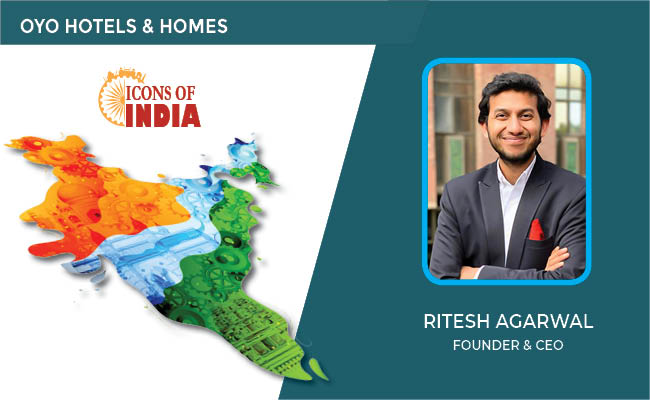
ICONS OF INDIA : RITESH AGARWAL
Ritesh Agarwal is an Indian billionaire entrepreneur and the founder a...
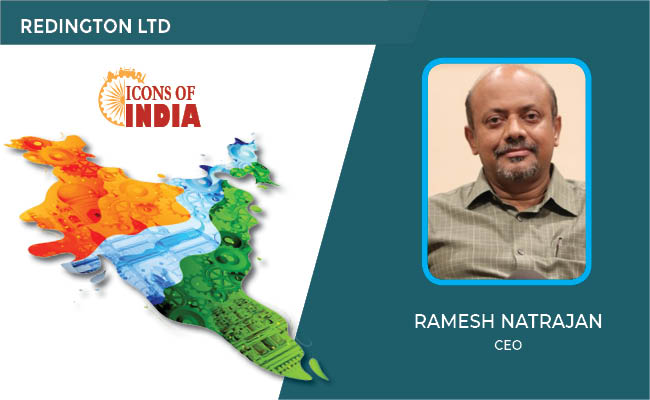
ICONS OF INDIA : RAMESH NATRAJAN
Ramesh Natarajan, CEO of Redington Limited, on overcoming ‘technolog...

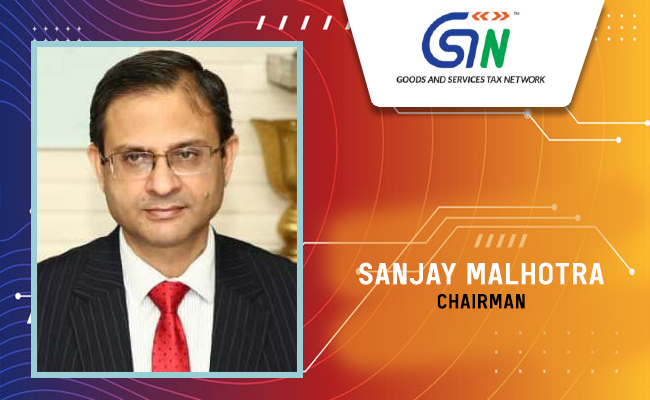
GSTN - Goods and Services Tax Network
GSTN provides shared IT infrastructure and service to both central and...
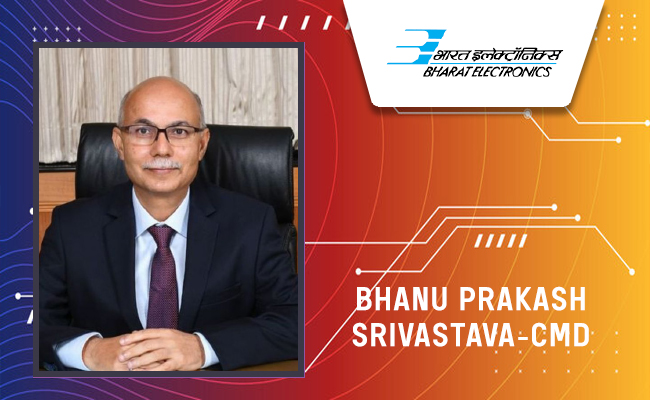
BEL - Bharat Electronics Limited
BEL is an Indian Government-owned aerospace and defence electronics co...
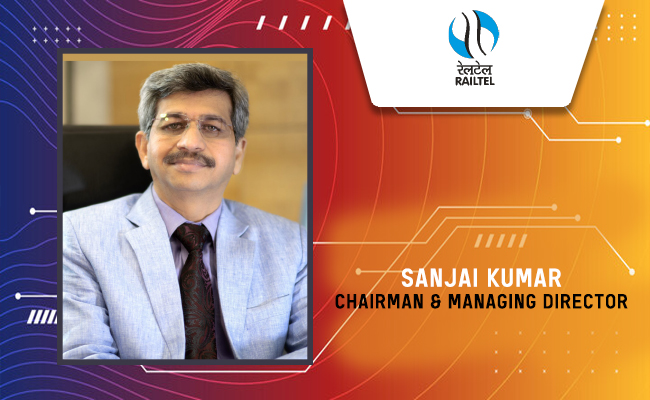
RailTel Corporation of India Limited
RailTel is a leading telecommunications infrastructure provider in Ind...


Indian Tech Talent Excelling The Tech World - Aman Bhutani, CEO, GoDaddy
Aman Bhutani, the self-taught techie and CEO of GoDaddy, oversees a co...

Indian Tech Talent Excelling The Tech World - Thomas Kurian, CEO- Google Cloud
Thomas Kurian, the CEO of Google Cloud, has been instrumental in expan...

Indian Tech Talent Excelling The Tech World - Steve Sanghi, Executive Chair, Microchip
Steve Sanghi, the Executive Chair of Microchip Technology, has been a ...
 of images belongs to the respective copyright holders
of images belongs to the respective copyright holders